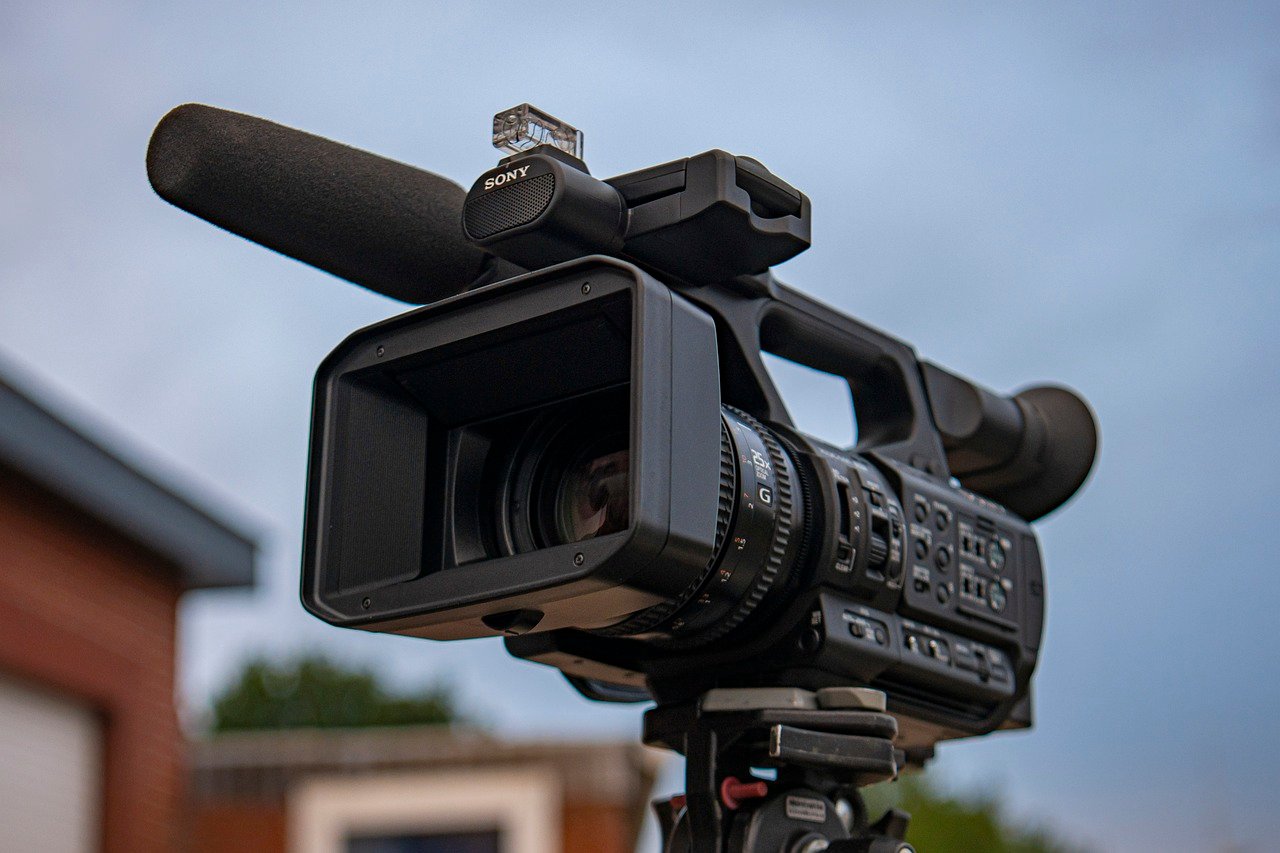The Ultimate Guide to Types of Videography: From Wedding to Wildlife Videography has become an…
Best Videography Equipment: The Ultimate Guide to Crafting Professional Videos
Welcome to the ultimate guide on the best videography equipment! If you’re looking to elevate your video production game, you’ve come to the right place. This comprehensive guide will walk you through the essential gear you need, from cameras to microphones, and everything in between. Whether you’re a seasoned pro or just starting out, understanding your equipment is key to creating professional-quality videos.
Best Cameras for Videography
DSLR Cameras
DSLR cameras are a popular choice for videographers due to their versatility and high-quality output. Models like the Canon EOS 5D Mark IV and Nikon D850 offer excellent image quality, dynamic range, and robust build quality, making them ideal for a variety of shooting scenarios.
Mirrorless Cameras
Mirrorless cameras have surged in popularity thanks to their compact size and advanced features. Sony’s Alpha series, particularly the A7S III, and Panasonic’s Lumix GH5 are top picks for videographers. They offer excellent low-light performance, fast autofocus, and superb video quality.
Cinema Cameras
For those seeking the pinnacle of video quality, cinema cameras are the way to go. The RED Komodo and Blackmagic URSA Mini Pro are examples of cameras designed specifically for filmmaking. They offer high resolution, incredible dynamic range, and advanced color grading capabilities.
Essential Videography Accessories
Importance of Accessories
Accessories can make or break your videography setup. They enhance functionality and ensure smooth operation during shoots. Here are some must-have accessories:
Common Accessories Used
- Extra Batteries: Always have spare batteries to avoid interruptions.
- Memory Cards: High-speed, high-capacity cards are essential.
- Lens Cleaning Kit: Keep your lenses spotless for the best image quality.
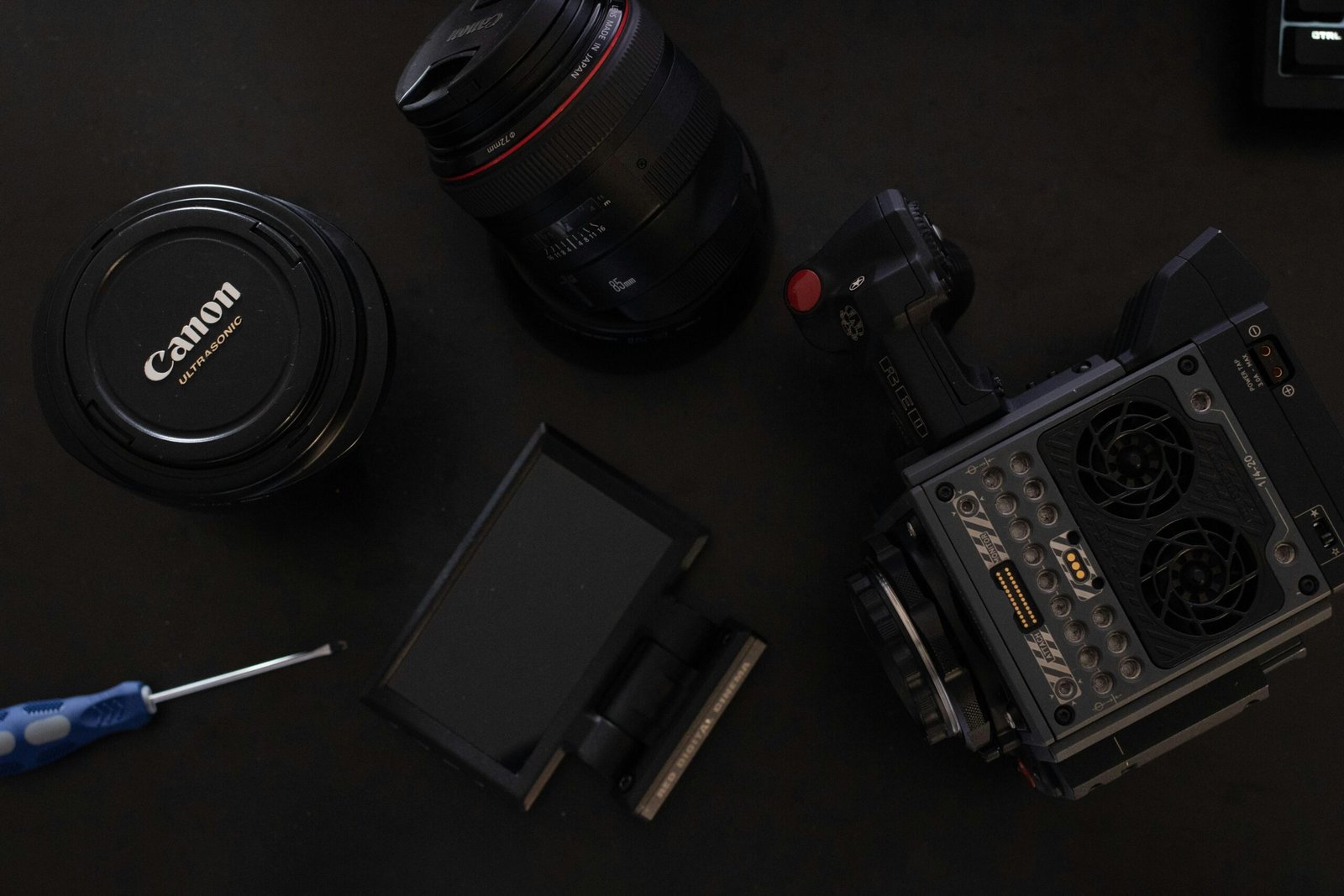
Understanding Lenses
Types of Lenses
Lenses are crucial for achieving the desired look and feel of your footage. Common types include:
- Wide-Angle Lenses: Great for landscapes and tight spaces.
- Telephoto Lenses: Ideal for close-ups and distant subjects.
- Macro Lenses: Perfect for extreme close-ups.
Prime vs. Zoom Lenses
Prime lenses have a fixed focal length, offering superior image quality and low-light performance. Zoom lenses provide flexibility with variable focal lengths, making them versatile for different shooting scenarios.
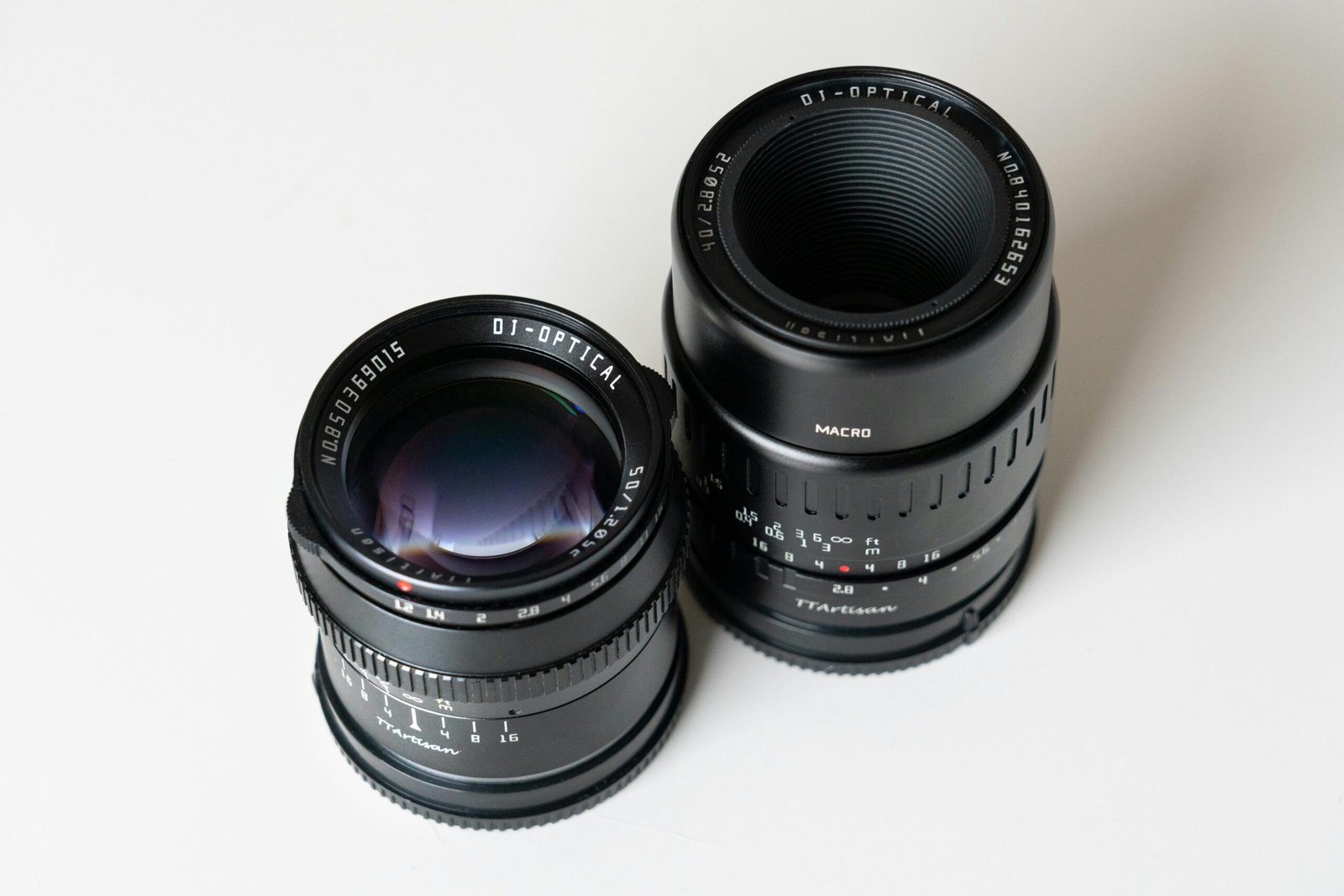
Tripods and Stabilizers
Importance of Stabilization
Stable footage is essential for professional-quality videos. Shaky footage can be distracting and unprofessional.
Types of Tripods
- Standard Tripods: Versatile and suitable for most shoots.
- Travel Tripods: Lightweight and compact, perfect for on-the-go videographers.
Types of Stabilizers
- Gimbals: Offer motorized stabilization, ideal for dynamic shots.
- Steadicams: Provide manual stabilization, suitable for a more organic feel.

Microphones for Videography
Different Types of Microphones
- Shotgun Microphones: Directional and great for capturing focused audio.
- Lavalier Microphones: Small and clip-on, perfect for interviews.
- Condenser Microphones: Excellent for studio setups with controlled environments.
Choosing the Right Microphone
Consider the shooting environment and the type of audio you need. For outdoor shoots, shotgun mics are ideal, while lavalier mics work best for interviews and dialogue.
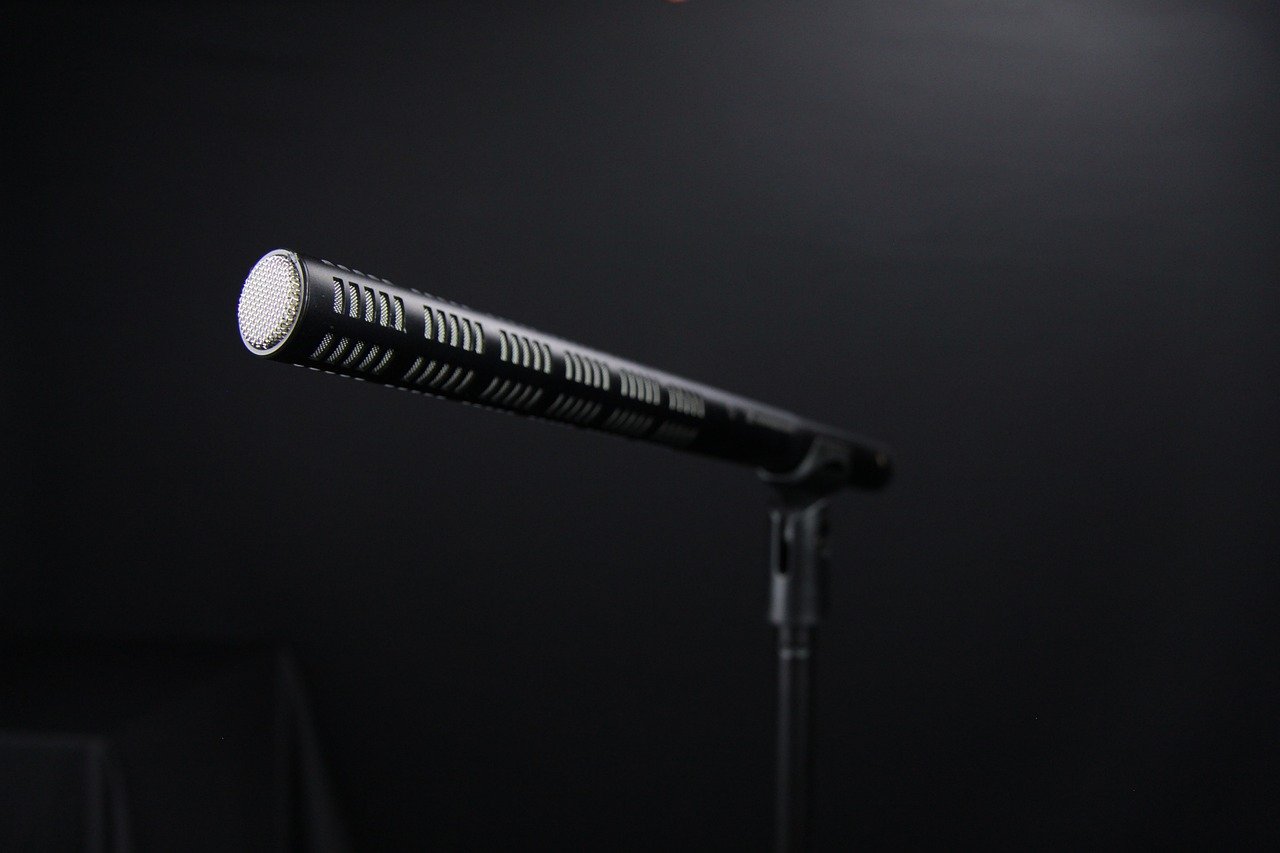
Lighting Kits
Importance of Lighting
Lighting can dramatically affect the quality of your video. Good lighting enhances the subject, creates mood, and adds depth.
Types of Lighting Kits
- Softbox Kits: Provide soft, diffused light.
- LED Panels: Offer bright, adjustable lighting with low heat output.
- Ring Lights: Great for vlogging and beauty shots.

Drones for Videography
Benefits of Using Drones
Drones offer unique perspectives and cinematic shots that are otherwise impossible to achieve. They are perfect for aerial footage, real estate videos, and travel vlogs.
Best Drones for Videography
- DJI Mavic Air 2: Compact, high-quality camera, and easy to fly.
- DJI Phantom 4 Pro: Professional grade with advanced features.
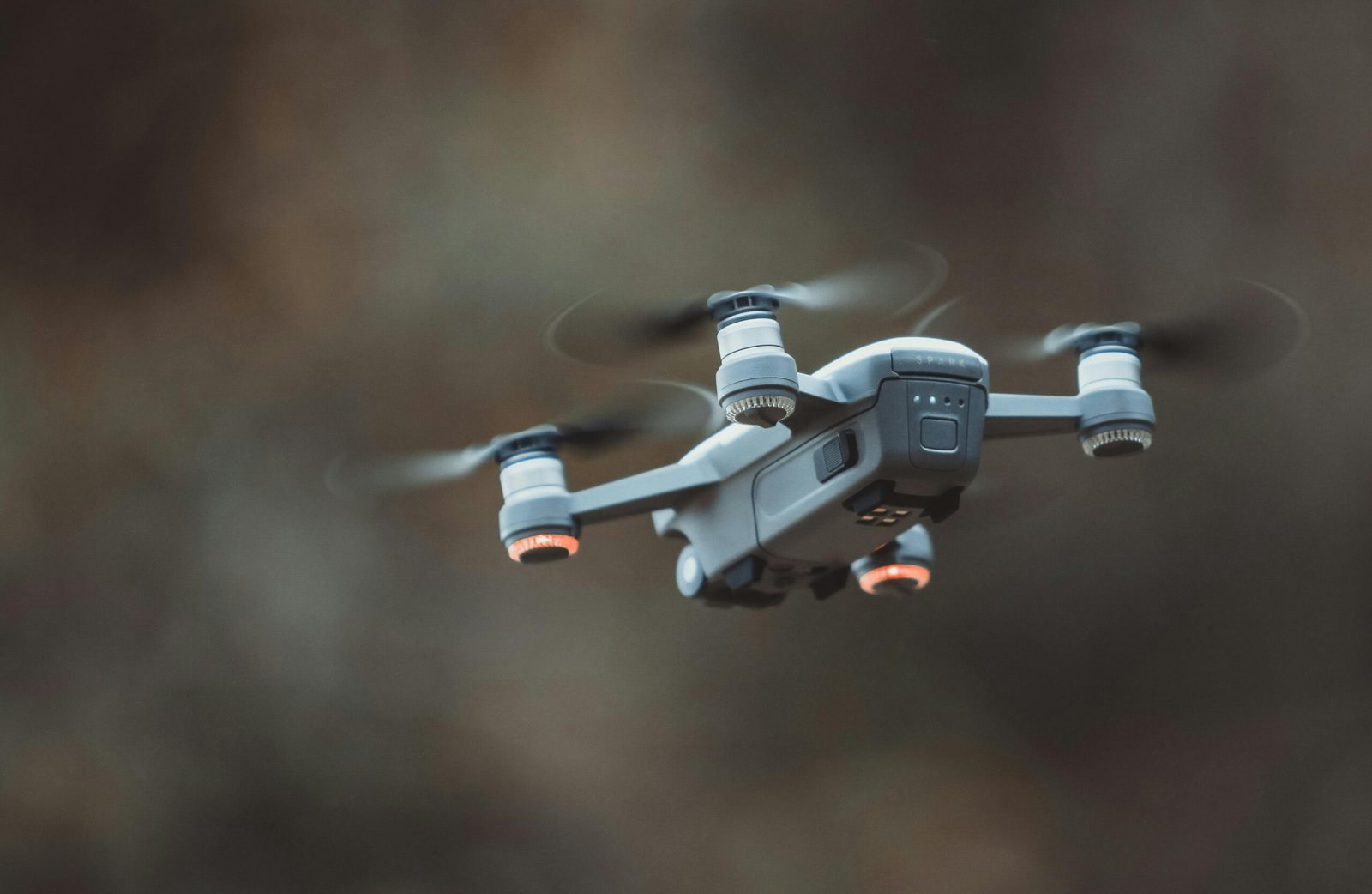
Action Cameras
Use Cases for Action Cameras
Action cameras are designed for capturing fast-paced, extreme activities. They are rugged, compact, and capable of recording high-quality footage.
Top Action Camera Models
- GoPro HERO9 Black: Known for its durability and high-quality video.
- DJI Osmo Action: Features front-facing screen and excellent stabilization.
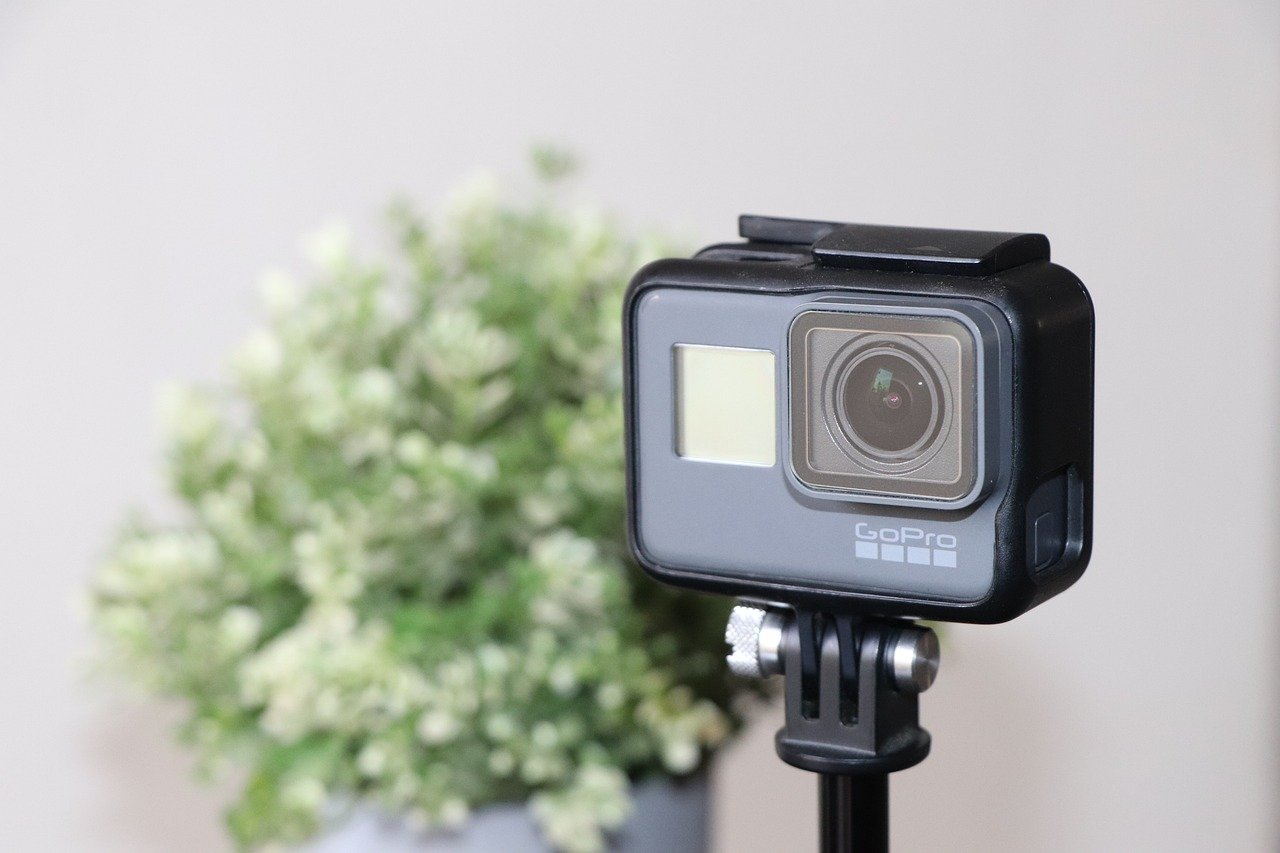
Gimbals and Steadicams
Differences Between Gimbals and Steadicams
Gimbals use motors to stabilize the camera electronically, while steadicams rely on manual balance and counterweights.
How to Choose the Right One
Consider your shooting style. Gimbals are better for smooth, dynamic shots, while steadicams offer a more traditional, manual approach.
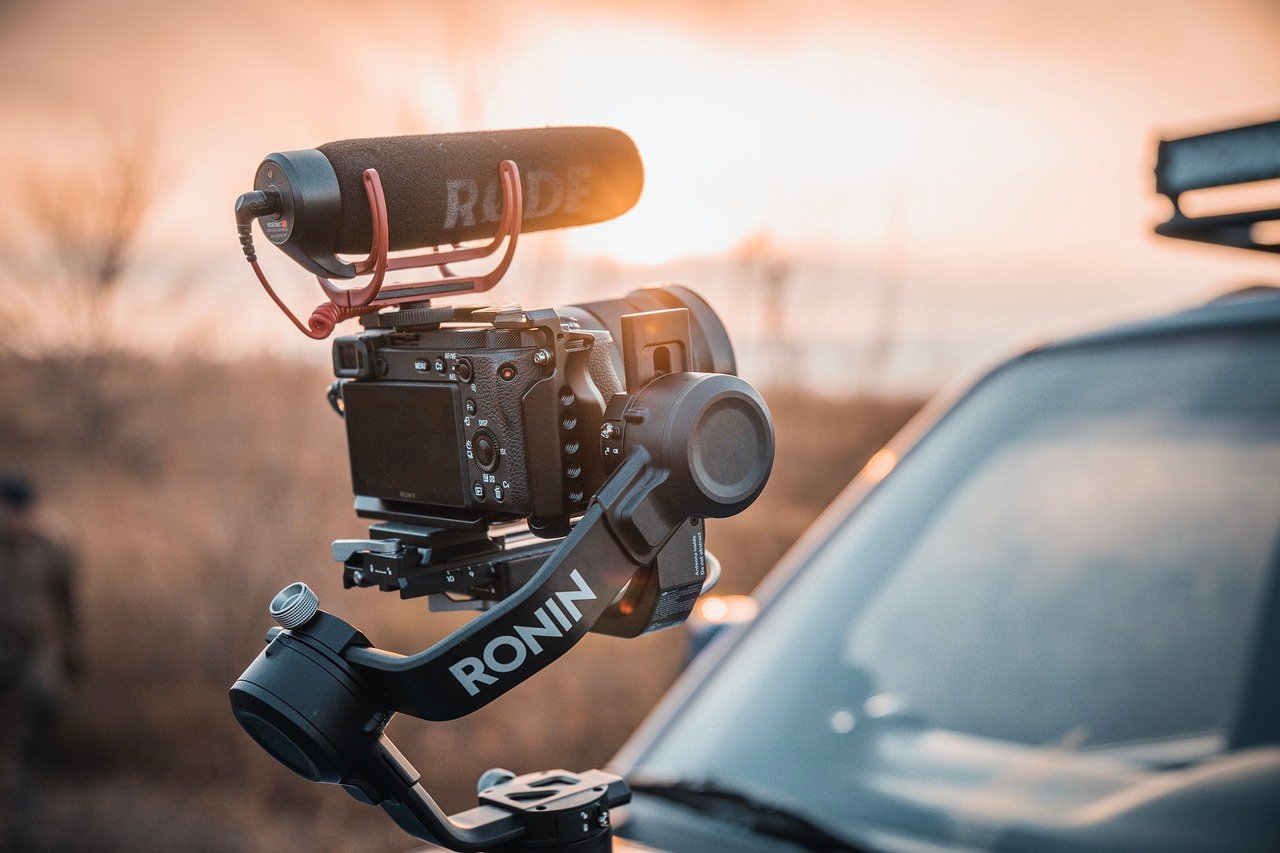
Editing Software
Importance of Editing Software
Editing software is where the magic happens. It allows you to cut, color grade, and add effects to your footage, turning raw clips into a polished video.
Popular Editing Software Options
- Adobe Premiere Pro: Industry standard with extensive features.
- Final Cut Pro X: Preferred by many for its intuitive interface.
- DaVinci Resolve: Known for its powerful color grading tools.
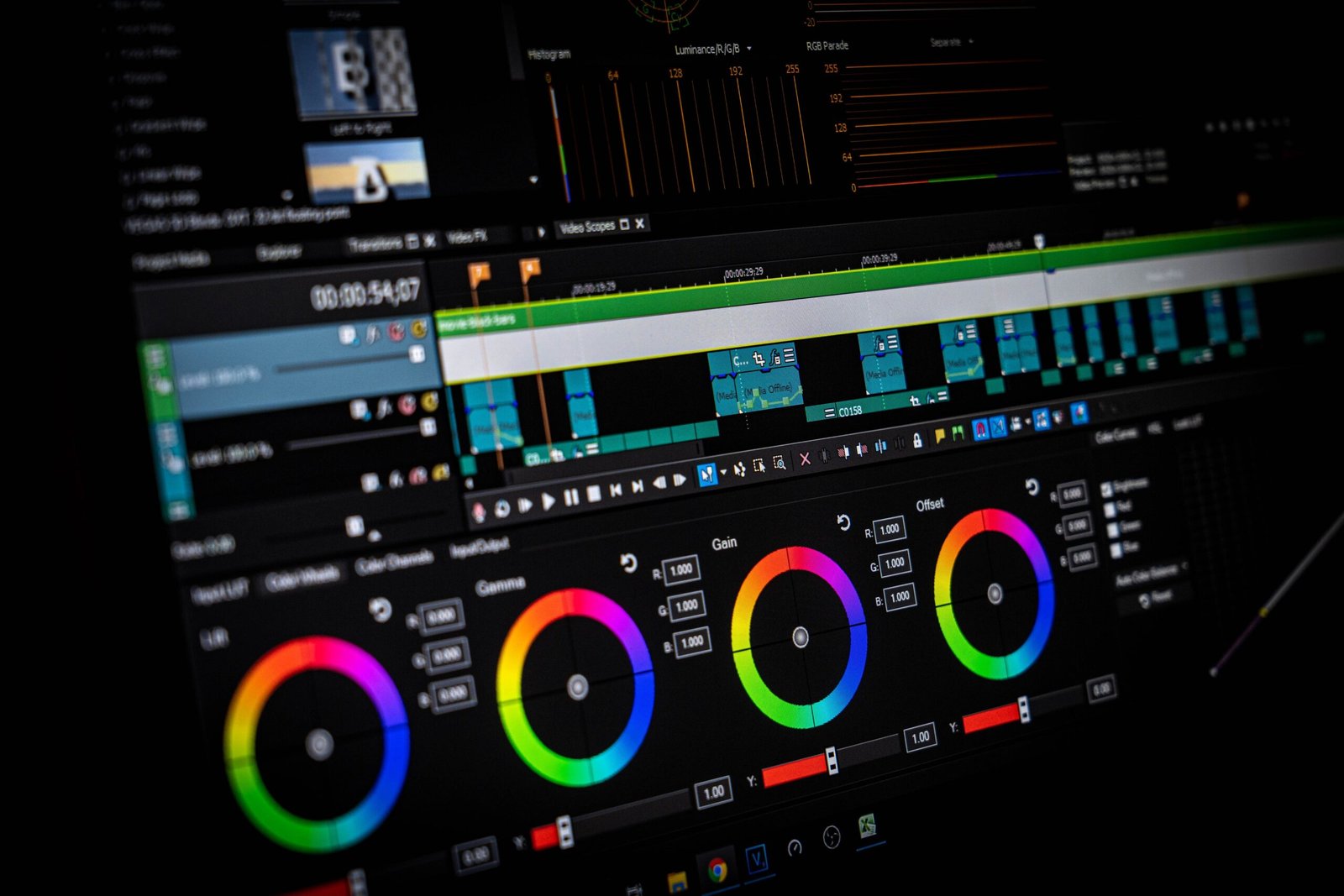
External Recorders
Benefits of External Recorders
External recorders capture higher-quality video than the camera’s internal recording options. They also provide additional features like backup recording and advanced monitoring.
Recommended Models
- Atomos Ninja V: Popular for its 4K recording and touchscreen interface.
- Blackmagic Video Assist: Known for its reliability and quality.
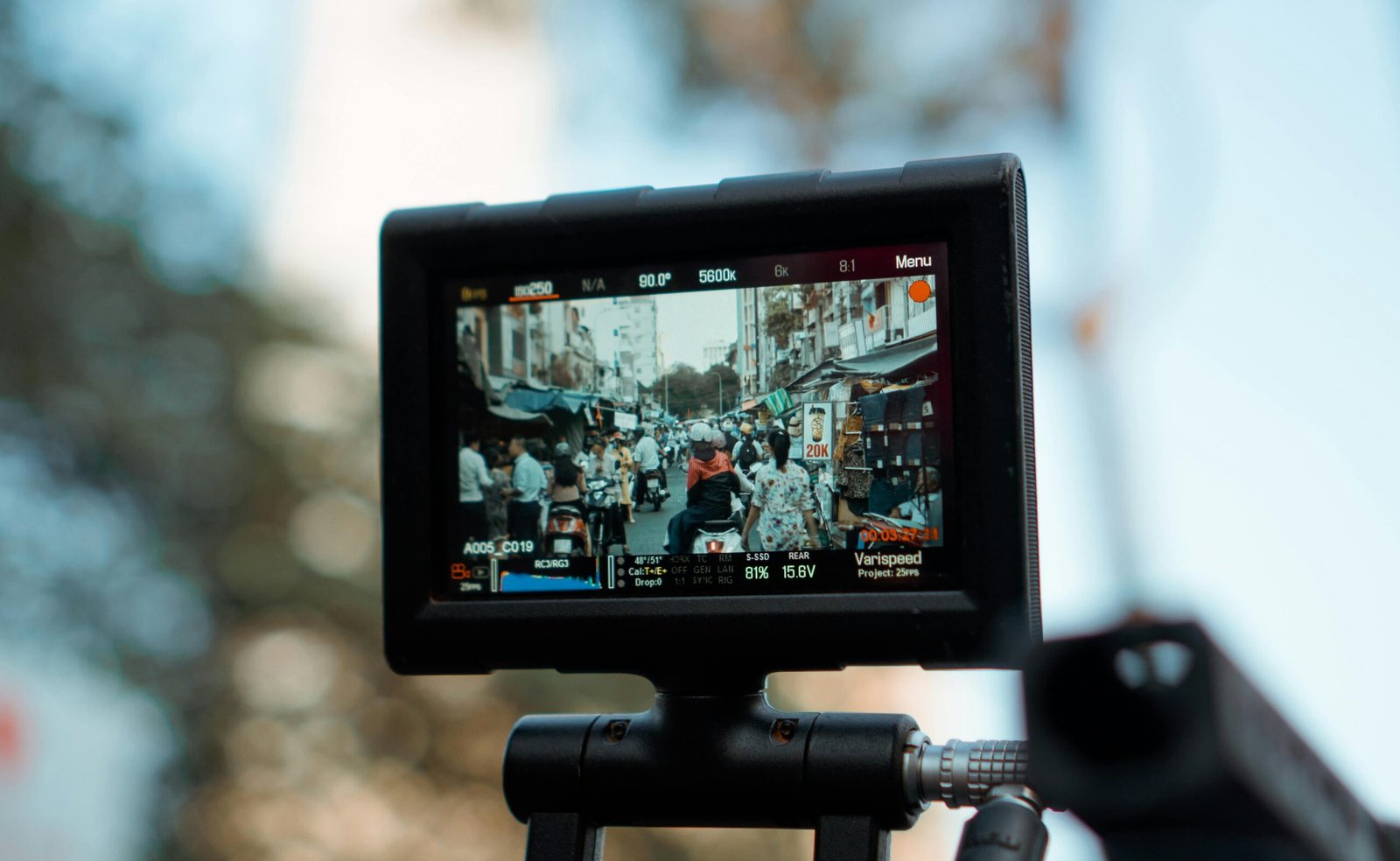
Monitors and Viewfinders
Why External Monitors are Useful
External monitors provide a larger, clearer view of your footage, making it easier to frame shots and check focus.
Top Monitor and Viewfinder Choices
- SmallHD Focus: Compact and bright, perfect for on-the-go monitoring.
- Atomos Shinobi: Offers excellent display quality and professional features.
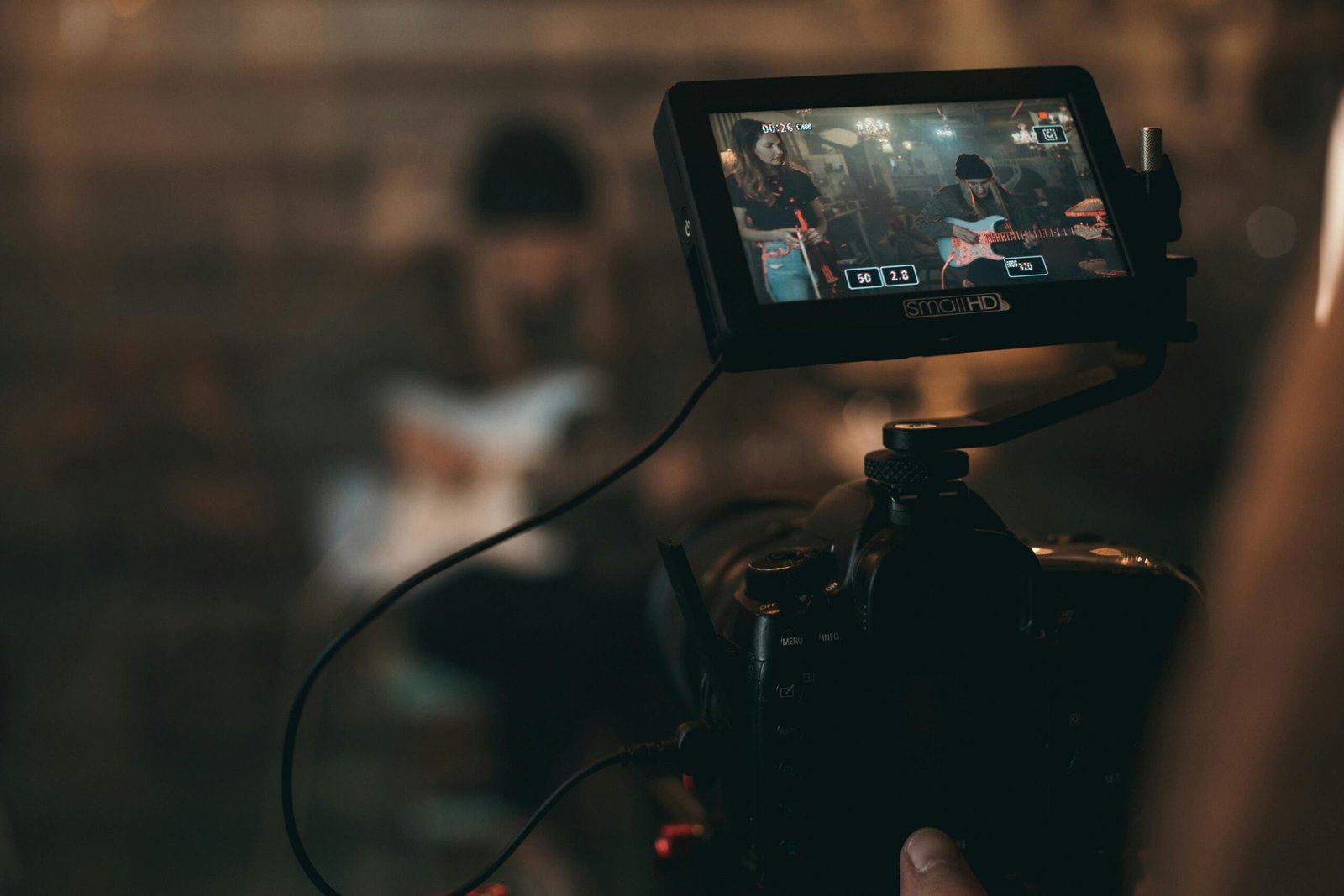
Storage Solutions
Importance of Storage
Reliable storage is crucial to avoid losing valuable footage. High-capacity, high-speed storage solutions ensure smooth recording and editing.
Best Storage Options
- External Hard Drives: Portable and affordable.
- SSD Drives: Faster and more durable than traditional hard drives.
- RAID Systems: Provide redundancy and increased storage capacity.

Camera Rigs
What are Camera Rigs?
Camera rigs are setups that include multiple accessories like handles, shoulder mounts, and follow focuses to improve stability and usability.
Types of Camera Rigs
- Shoulder Rigs: Offer stability for handheld shooting.
- Cage Rigs: Provide mounting points for various accessories.
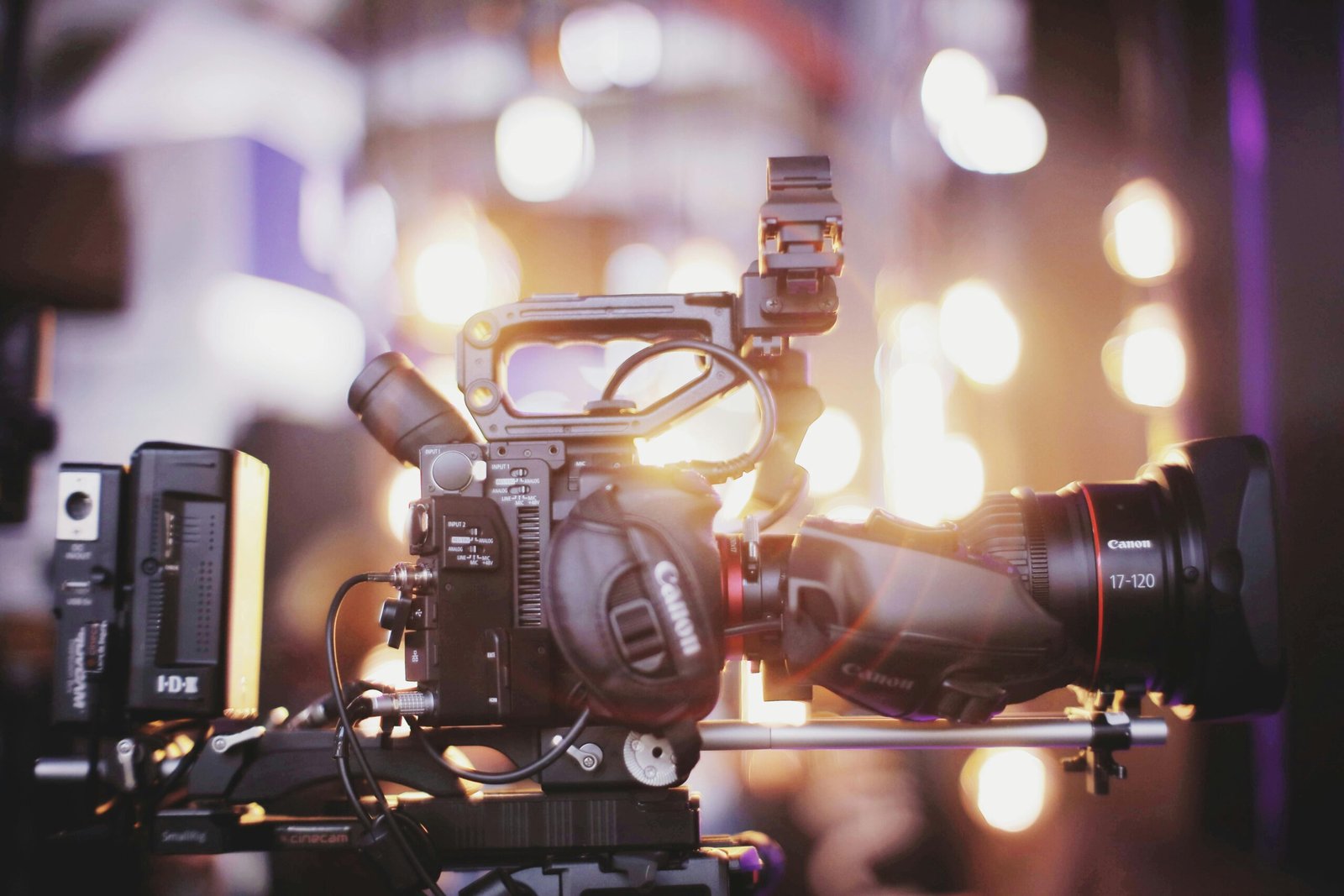
Wireless Transmission Systems
Benefits of Wireless Systems
Wireless systems allow you to transmit video and audio signals without cables, providing flexibility and reducing clutter on set.
Top Wireless Transmission Systems
- Teradek Bolt: Known for its reliability and range.
- Hollyland Mars: Affordable and effective for most setups.
Battery Solutions
Importance of Reliable Power
Consistent power supply is essential to avoid interruptions during shoots. Having reliable battery solutions ensures you can shoot without worrying about running out of power.
Best Battery Solutions
- V-Mount Batteries: Long-lasting and commonly used in professional setups.
- NP-F Batteries: Affordable and versatile, suitable for many devices.
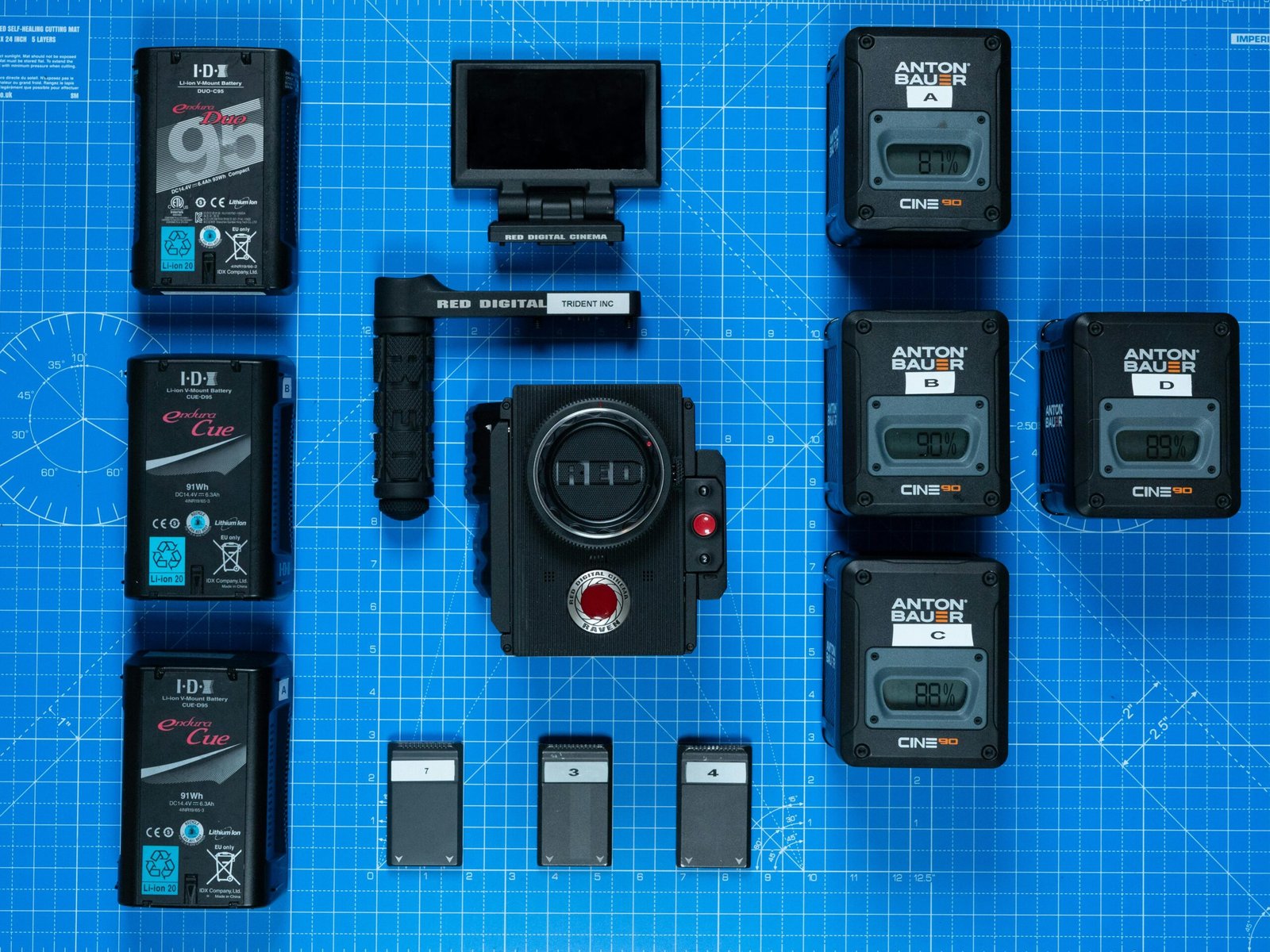
Audio Mixers
When to Use Audio Mixers
Audio mixers are used to combine, balance, and adjust multiple audio sources. They are essential for complex audio setups, especially in live events and multi-mic recordings.
Best Audio Mixers for Videography
- Zoom F8n: Portable and feature rich.
- Sound Devices MixPre-3 II: Known for its quality and reliability.
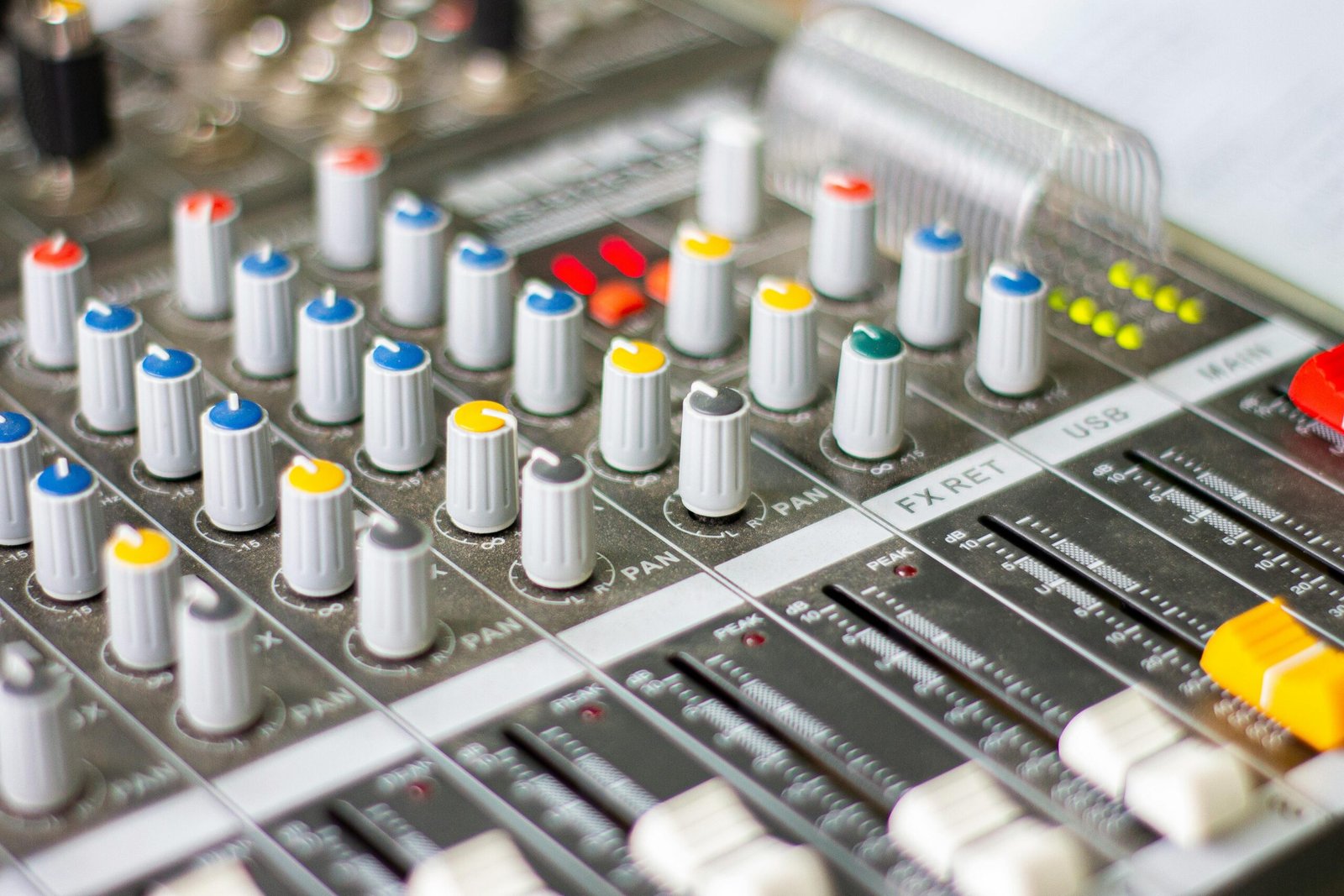
Camera Bags and Cases
Protecting Your Equipment
A good camera bag or case protects your gear from damage and makes transportation easier. Look for padded interiors and weather-resistant materials.
Best Camera Bags and Cases
- Lowepro ProTactic 450 AW II: Durable and spacious.
- Pelican Air Case: Offers hard-shell protection and custom foam interiors.
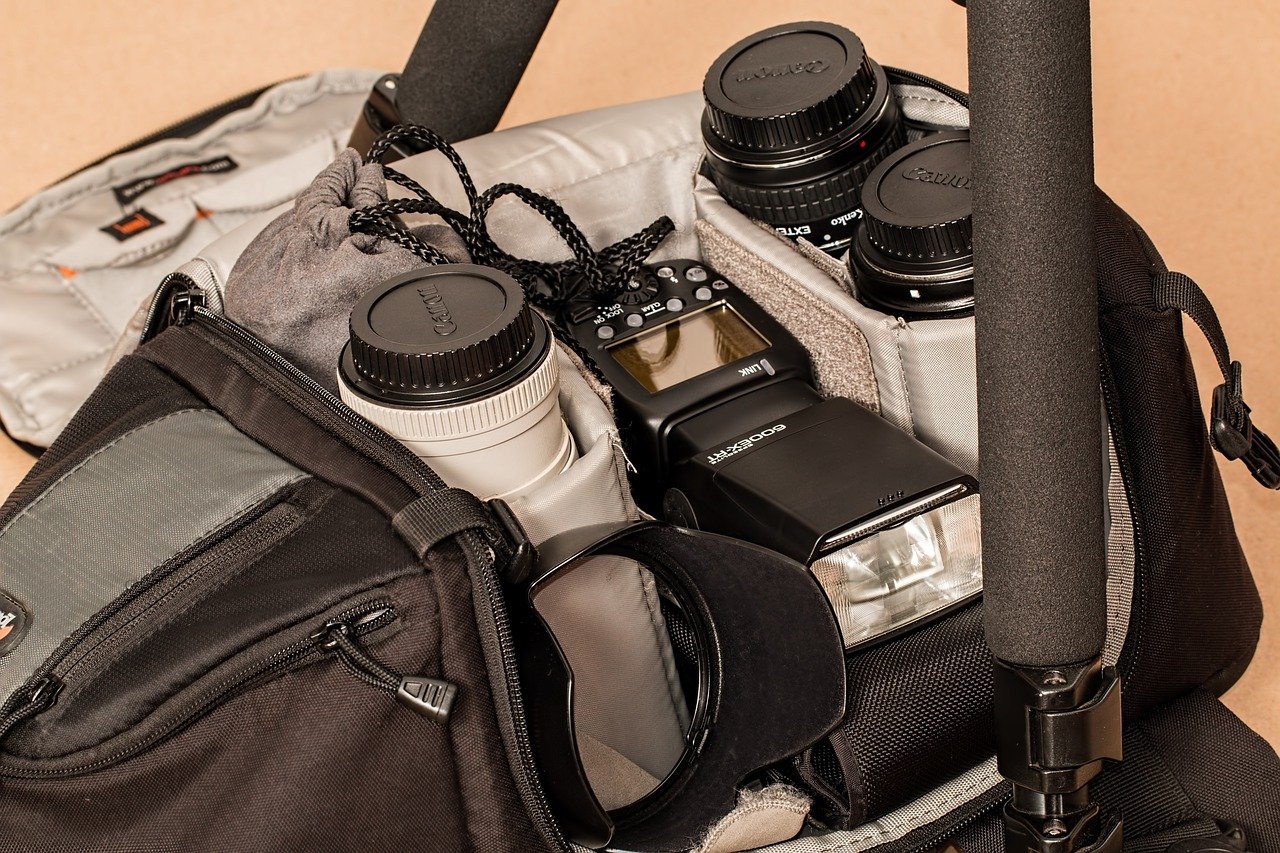
Filters and Matte Boxes
Importance of Filters and Matte Boxes
Filters and matte boxes control light and glare, improve image quality, and protect your lenses.
Top Choices
- Tiffen ND Filters: Essential for controlling exposure.
- SmallRig Matte Box: Affordable and effective for blocking unwanted light.
Renting vs. Buying Equipment
Pros and Cons of Renting
Renting equipment allows you to access high-end gear without the upfront cost, making it ideal for short-term projects. However, frequent rentals can add up over time.
When to Buy vs. Rent
Buy equipment if you use it regularly, as it can be more cost-effective in the long run. Rent specialized or high-cost items that you only need occasionally.

Conclusion
Videography equipment is essential for creating professional-quality videos. From cameras and lenses to microphones and lighting, each piece plays a crucial role in your production. By understanding and investing in the right gear, you can elevate your videography skills and produce stunning, cinematic videos.
FAQs
1. What is the best camera for beginners in videography? The Sony A6400 is a great choice for beginners due to its ease of use, affordability, and excellent video quality.
2. Why is stabilization important in videography? Stabilization ensures your footage is smooth and professional, reducing unwanted shakes and jitters that can distract viewers.
3. How do I choose the right microphone for my video shoot? Consider the environment and type of audio you need. Shotgun mics are great for outdoor shoots, while lavalier mics are ideal for interviews.
4. What are the benefits of using an external recorder? External recorders capture higher-quality video and provide additional features like backup recording and better monitoring options.
5. Should I buy or rent videography equipment? Buy equipment if you use it frequently. Rent high-cost or specialized gear that you only need for specific projects.

